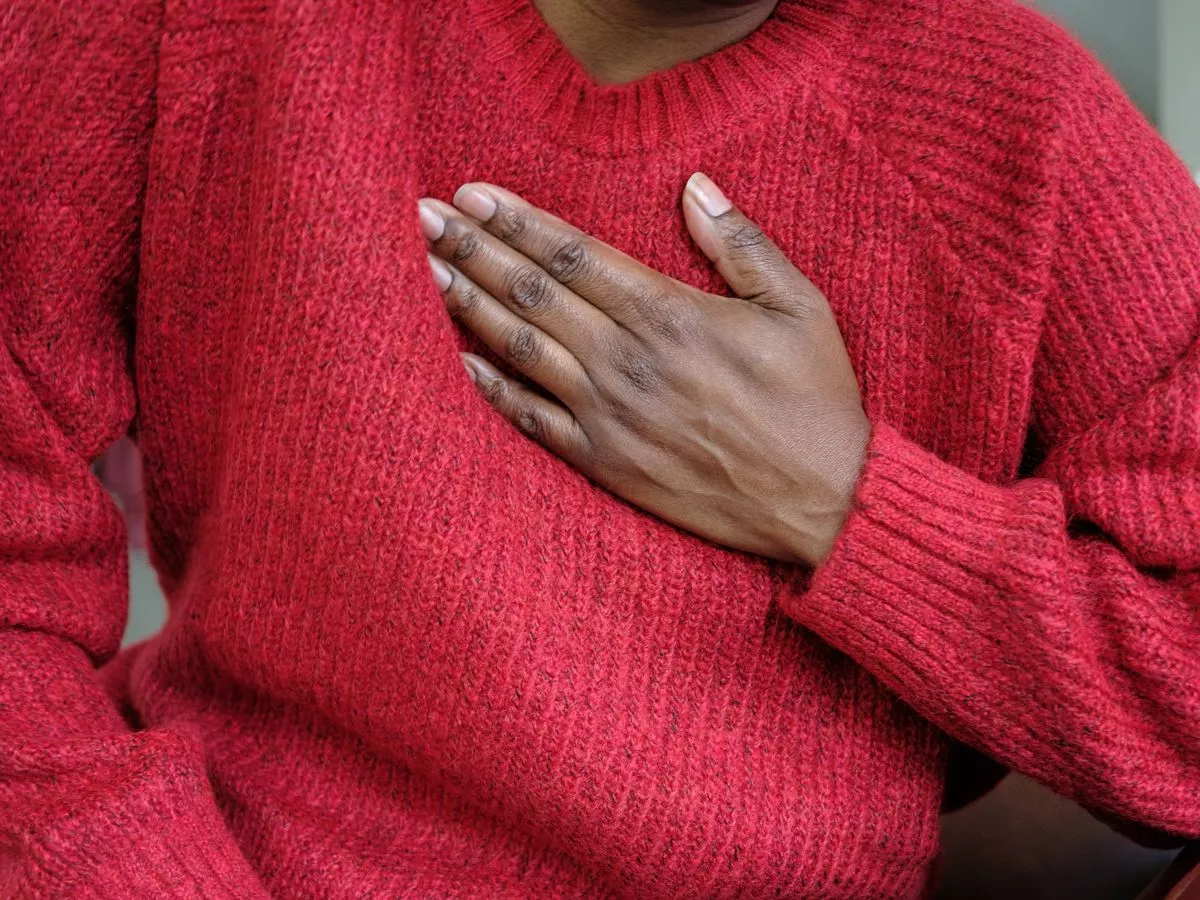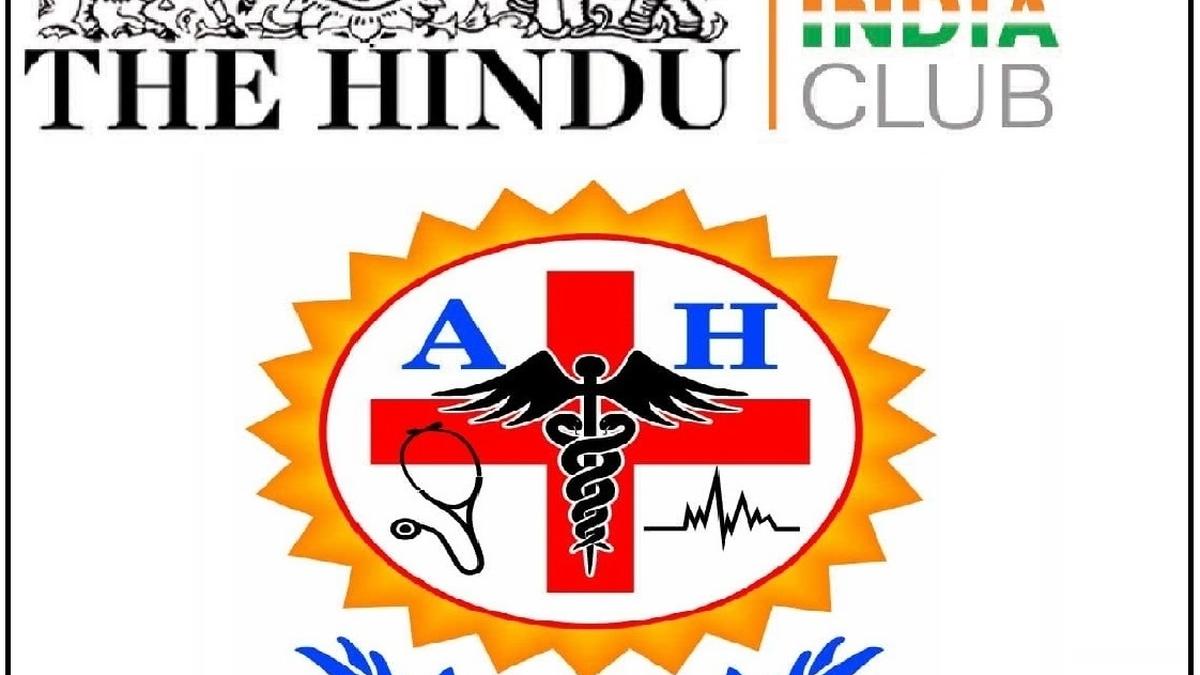By Lauren Haughey
Copyright manchestereveningnews

The NHS has issued a crucial warning about the key symptoms of two severe health emergencies. While these conditions are frequently confused, recognising their distinctions could prove vital during life-threatening situations. “Do you know the difference between a heart attack and cardiac arrest?” the NHS asked in a post to Instagram yesterday. “Know what to do in these emergencies and help spread the word.” A heart attack, also known as a myocardial infarction, occurs when the heart’s blood supply is suddenly blocked. This interruption can inflict serious damage to the heart muscle, potentially resulting in fatal consequences. Intense chest pain and difficulty breathing may be the initial warning signs you link with a heart attack. Nevertheless, it’s crucial to recognise there are numerous other potential symptoms too. According to the NHS, these may include: Furthermore, earlier research from the British Heart Foundation (BHF) indicates that women more often experience nausea and pain that radiates to the jaw or back. In contrast, men are also more likely to exhibit symptoms similar to acid reflux on some occasions. If you suspect someone is having a heart attack, you should dial 999 immediately. Regarding cardiac arrests, the NHS also said: “The person will be unconscious and not breathing, or not breathing normally. The faster you act, the better their chances of survival.” While heart attacks occur due to a blockage, sudden cardiac arrests usually happen because of a complete loss of heart function. Cleveland Clinic explains that such events primarily occur due to an irregular heart rhythm. A person may experience several symptoms before a sudden cardiac arrest occurs. These may include: The NHS alert added: “If you think someone is having a cardiac arrest, call 999 and start CPR immediately.” For more information, head to the NHS website .



